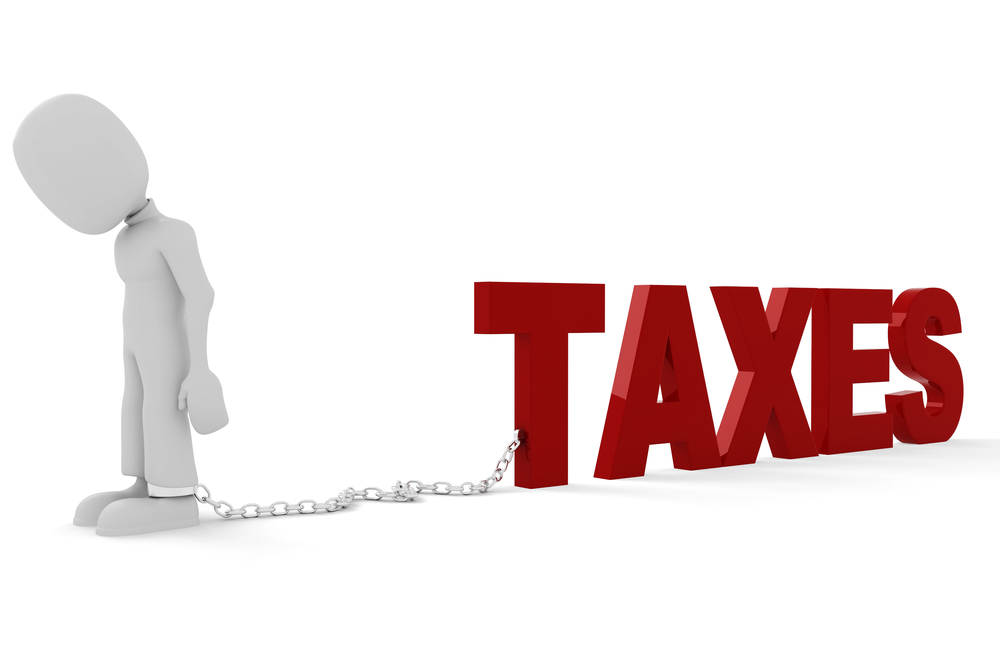Millions of dollars every year are charged to taxpayers by the IRS. Over time, that adds up to literally billions. Tens of billions. Should you, however, have a history of following the rules, certain penalties can be removed (abated), or waived by the IRS. There is something called an FTA, or a first-time IRS penalty abatement.
But first things first – you have to figure out if you qualify.
Qualifying for FTA
When it comes to IRS penalty abatements, qualifying is possibly the most confusing and complicated aspect. Here are some pointers as far as qualification is concerned.
A first-time penalty abatement only applies to certain returns and certain penalties:
- Gift and estate tax returns are not FTA qualified.
- For payroll and business taxpayers, FTA applies to the failure to deposit penalties, failure to pay, and/or failure to file. Partnership and S corporation late-filing penalties are also FTA qualified.
- FTA is available for individual taxpayers for these two most frequent penalties: failure to pay and failure to file penalties.
Accuracy and Estimated Tax Penalties
FTA does not apply to accuracy and estimated tax penalties. Accuracy penalties are based on circumstances and specific facts for every business or each person and each tax period or year. Similar to the spirit of FTA, however, more weight is usually carried with the IRS by accuracy penalty responses if you have a good history. If you’ve always made an honest effort to file accurately and have a proven track record of filing returns that are timely and precise, you stand a better chance with the IRS.
Certain Criteria/Certain Rules
Speaking of a clean history with the IRS, you must have at least three years of a penalty free history. You can’t have any substantial amount of penalties (in the last three years), to qualify for FTA, for any significant amount on like tax returns (tax returns of the same type). “Significant amount” is not precisely defined by the IRS. But commonly, significant has usually been viewed as penalty amounts of one dollar or more. One exception would be the estimated tax penalty. You would not necessarily be disqualified from FTA receipt just for that. If the IRS abated prior penalties, those also would not classify you as FTA disqualified.
You must make sure that any payment arrangement with the IRS is current (if you owe), and that you have filed any returns that were required.
You’re Going to Need Professional Help
This is simply the best course of action, to seek the help of a tax professional. Frequently, in order to determine whether or not someone is qualified for an FTA, rules are incorrectly applied by the IRS. There are inconsistencies existing in and unreliable internal tools used by the IRS. If an FTA is denied, you can appeal. If you didn’t seek professional help before your appeal, there’s no time like the present.
Tax Defense Partners can assist you through your IRS penalty abatement. We have trained, experienced experts that know all the ins and outs of taxes and all the penalties that go along with them. Contact us today to see how we can be of assistance. Remember, you do have someone on your side – you have the good people at Tax Defense Partners.

